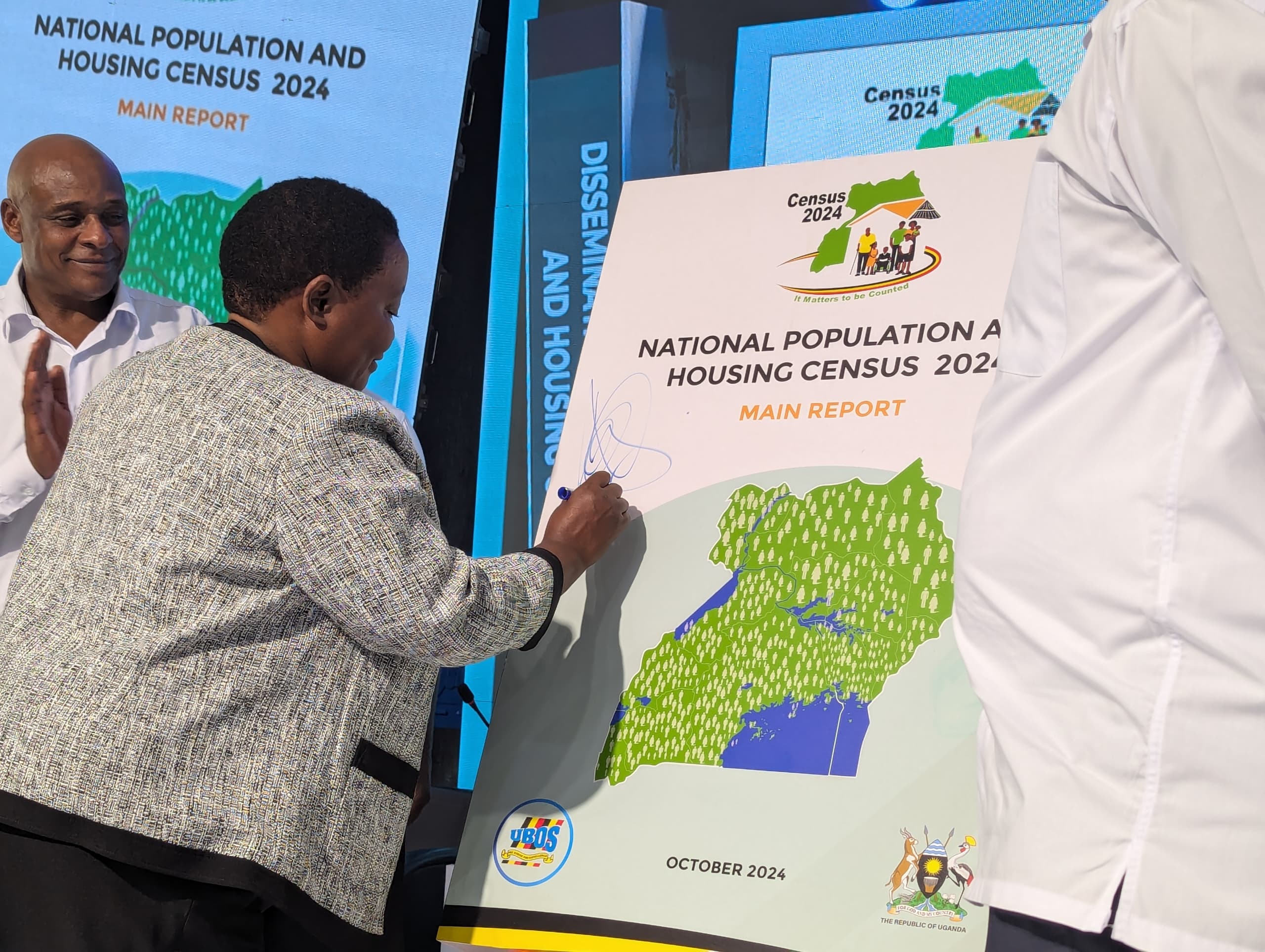Census blunders: A wake-up call for accountability in Uganda

An elderly woman answers questions from a census enumerator from the streets of Kampala on Census night. Photo | Abubaker Lubowa
What you need to know:
- The Census 2024 was predominantly funded by the Government of Uganda, contributing Shs328.74 billion, which accounted for 99 percent of the total budget.
Uganda’s National Bureau of Statistics (Ubos) is facing significant backlash after admitting to errors in the final census report, particularly concerning the representation of religious and tribal indicators.
Ubos Executive Director Chris Mukiza stated just a week ago that these mistakes are simply human. However, this explanation has done little to alleviate public frustration.
The Census 2024 was predominantly funded by the Government of Uganda, contributing Shs328.74 billion, which accounted for 99 percent of the total budget.
In contrast, contributions from development partners, including UNHCR, UNDP, and UNFPA, amounted to just Shs18.5 billion, representing a mere 1 percent of the funding. Given this substantial investment of taxpayer money, expectations for an accurate and reliable demographic count were understandably high, especially as this data is critical for guiding resource allocation and policy-making.
However, the acknowledgment of inaccuracies has left many communities feeling overlooked and misrepresented. The financial burden of correcting and reissuing flawed data may further strain public resources, raising concerns about the effective use of tax contributions.
Many argue that the funds wasted on this flawed census could have been better utilised to address the country’s escalating debt crisis or to deliver essential services such as healthcare and education, rather than focusing on inaccuracies in population statistics.
Public trust in the entire census report has been shaken. Many citizens worry that if such glaring errors have been revealed, other undisclosed inaccuracies may exist within the data, undermining its reliability. Leaders from various tribes have expressed their concerns, stating, “We feel invisible in this report. Accurate data is essential for advocating for our community’s needs.”
To restore confidence, it is essential that agencies responsible for oversight conduct thorough audits of the census process to ensure that all aspects were implemented as planned. This will not only enhance the credibility of the results but also reassure the public that their tax money has been well spent.
As a recommendation, Ubos, along with other ministries, departments, and agencies (MDAs) that utilise taxpayer money, must adopt principles of accountability and transparency in their operations. This commitment to responsible stewardship should extend to all institutions that rely on public funds.
Moving forward, it is crucial for all stakeholders (government bodies, civil society, and the public) to prioritise transparency and accountability across all operations involving public resources.
Ensuring accurate representation and effective service delivery is vital for fostering trust and addressing the needs of all communities. By embracing these principles, we can build a society where every voice is heard and every community is valued.
Catherene Nakaweesa, Research Associate, Uganda Debt Network



